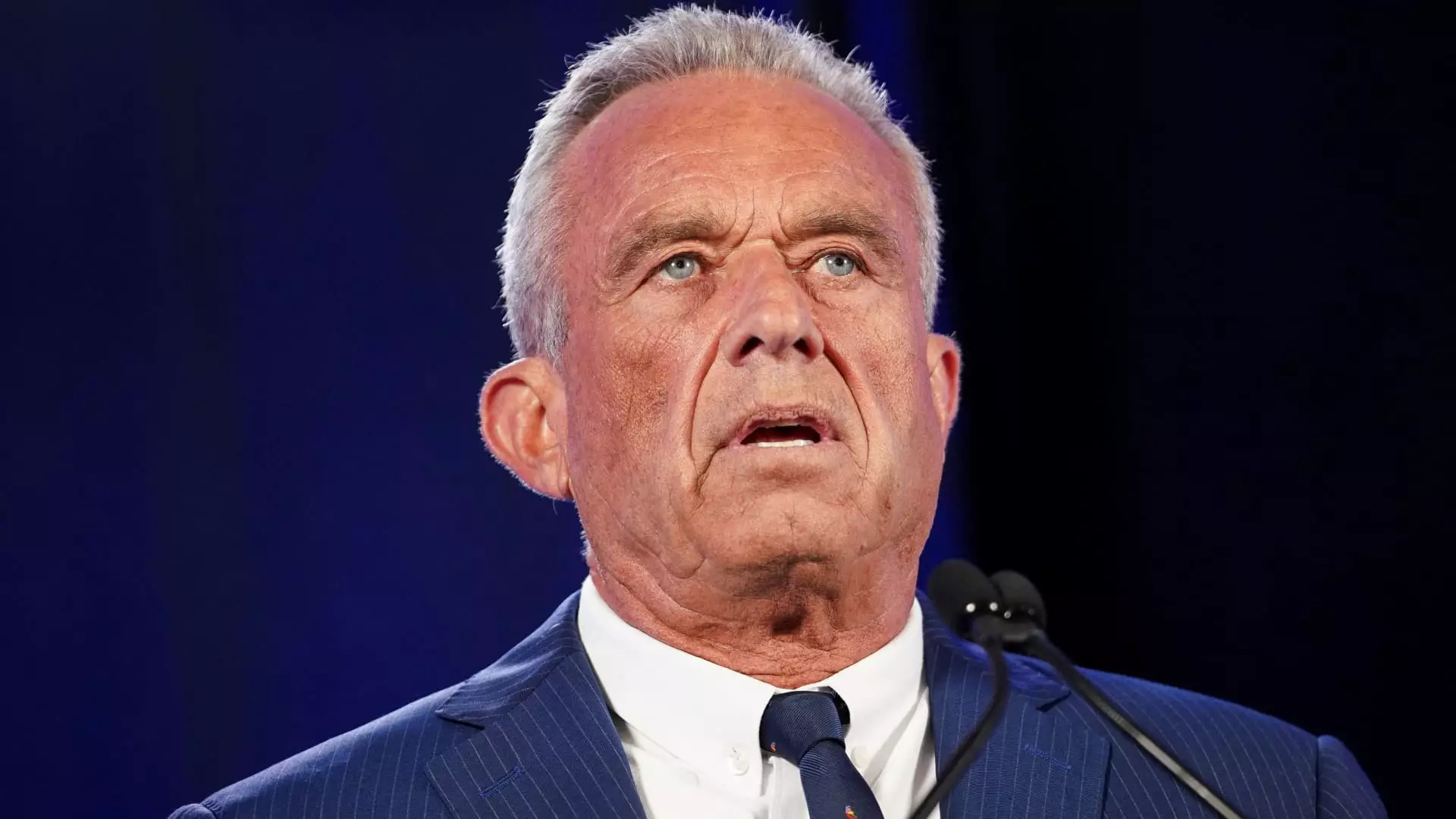Recently, the Michigan Supreme Court made a crucial ruling that will have far-reaching implications on the upcoming presidential election. Former independent presidential candidate Robert F. Kennedy Jr.’s name will now appear on the ballot in Michigan in November, despite efforts to have him removed. This decision, which overturns a previous ruling by the state’s Court of Appeals, could potentially sway the election results in favor of Democratic nominee Vice President Kamala Harris over GOP nominee former President Donald Trump.
Kennedy, who had initially suspended his campaign and pledged support for Trump, attempted to have his name removed from the ballot in swing states like Michigan. However, Michigan Secretary of State Jocelyn Benson rejected his request, citing state law that prevents minor party candidates from withdrawing once nominated. Kennedy then took legal action against Benson, leading to a contentious legal battle that eventually reached the Michigan Supreme Court.
In a majority decision that was not signed, the Michigan Supreme Court ruled in favor of keeping Kennedy on the state’s ballot. The court highlighted that Kennedy failed to demonstrate a clear legal right to have his name removed, emphasizing that he had not shown entitlement to the relief he sought. This decision, supported by five out of seven justices, could potentially impact the election outcome in Michigan and have broader national implications.
However, two justices on the court, Brian Zahra and David Viviano, dissented from the ruling. They argued that by denying Kennedy’s request to be removed from the ballot, the Secretary of State was limiting the electorate’s choices by not including candidates who were willing to serve if elected. The dissenters expressed concerns about the potential impact of the majority ruling on the presidential race, emphasizing the need for a fair and inclusive electoral process.
Apart from Michigan, Kennedy also faced legal challenges in Wisconsin and North Carolina regarding his ballot appearance. While North Carolina’s appeals court ruled in favor of Kennedy, ordering election officials not to include his name on ballots, Wisconsin’s decision is still pending. The outcome of these legal battles could further shape the dynamics of the election in these battleground states.
The presence of Kennedy on the ballot in key swing states like Michigan, Wisconsin, and North Carolina could have significant repercussions on the election results. Polling data suggests that Harris’ lead over Trump narrows when the race is reduced to two candidates, indicating that Kennedy’s presence could impact the final outcome. In states where Kennedy successfully withdrew his name from the ballot, such as Pennsylvania, Arizona, Nevada, and Georgia, polling data shows a potential shift in favor of Harris rather than Trump.
The Michigan Supreme Court’s ruling on Robert F. Kennedy Jr.’s ballot appearance has the potential to influence the presidential election in Michigan and beyond. The legal battles surrounding Kennedy’s candidacy highlight the complexities of the electoral process and the impact of minor party candidates on the final outcome. As the election draws nearer, the effects of these decisions on the candidates and the voting population remain to be seen.

Leave a Reply